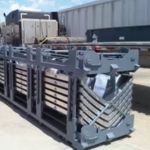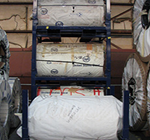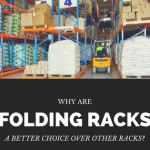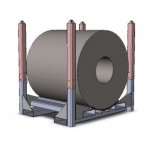9 Ways to Save Money on Metal Fabrication
Sheet metal fabrication is an important process or one of the production steps in many manufacturing units. It is an important part wherein sheet metals are shaped through cutting, burring, welding, and other techniques to form a part or component of a product. This process though old is now largely automated. Reducing production costs without comprising on the product quality is key to giving a high-quality product at affordable prices. Hence, it is also essential to reduce the cost of metal fabrication, which can be quite huge. This post discusses a few proven ways to minimize costs of sheet metal fabrication.
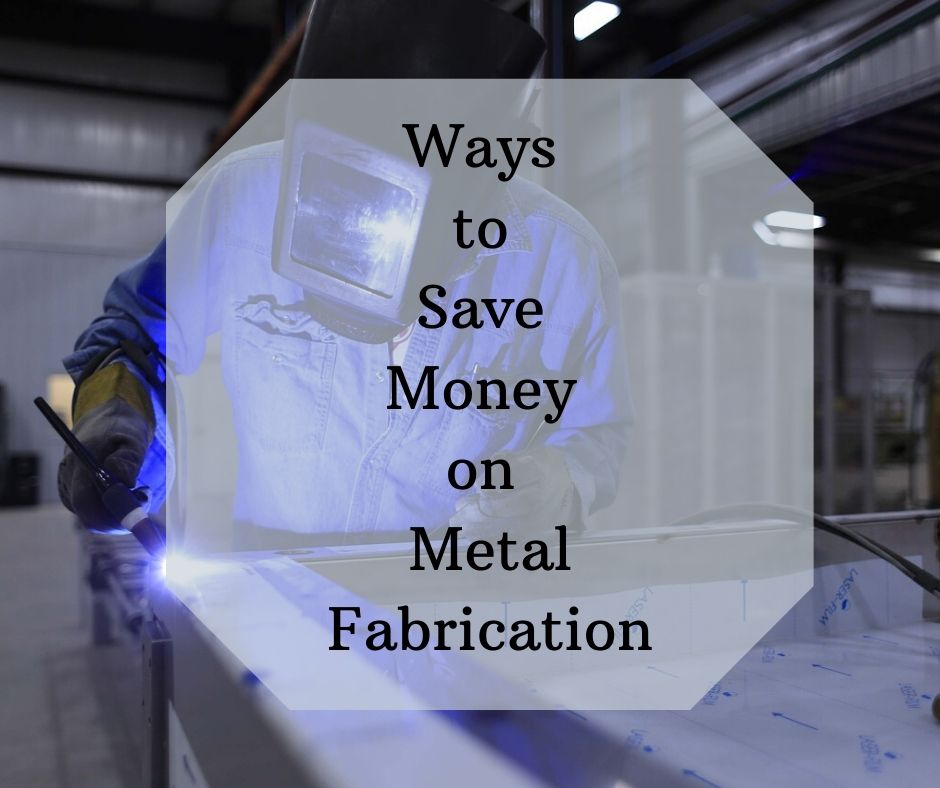
Important Cost Saving Tips on Metal Fabrication
Here are some pointers on how to save money on metal fabrication:
-
- Outsourcing: If you already have, a well-equipped fabrication shop, then this step is not needed. However, if you are a new player, outsourcing metal fabrication is a good idea as you do not have to invest in the equipment and machinery, and other resources required for the same.
-
- Using upgraded and modern fabrication tools: If you own a fab shop, do analyze if you need to upgrade your machines. This small investment would prove beneficial in the long run and also help improve efficiency, volume, and product quality.
-
- Limit Tight Tolerances: Only certain parts and surfaces are crucial when it comes to adding tight tolerance features. These tight tolerances include bend radius, length, diameters of inner and outer circle, and distance covered. While it does enhance your product value and quality, it also increases the cost. So, to cut down on the cost restrict tight tolerances only for the key parts which are integral to the functionality of the product.
-
- Partnering with a reliable player: This is a crucial step because you will have to consider many aspects when partnering with a fab shop, apart from just the budget. These include their experience, work quality, requirement understanding and compatibility, the tools and systems they use, and so on.
-
- Identifying the right materials and quantities: This is crucial because a lot of money is invested in buying materials required and huge quantities may be required. So, determining the right quantity is important because this is a cost driving factor.
-
- Accurate design: You can provide your own drawing or get an accurate design done. This requires discussing the details with everyone concerned, clear communication, and so on. The design should include each component detail, the number of gauges being used, and so on. The cost would come down if you can use one gauge for all the parts. If possible, keep the design simple and reduce the number of folds as they increase both complexity and costs.
-
- Design orientation: There are bound to be bends in the design; but, if they are unidirectional, they will reduce the complexity and cost. This can be done at least for bends in the same area to avoid reorientation. For this, keeping the bend radius consistent is essential.
-
- Partnering with a local player: This is a crucial point as your fab shop partner should be easily accessible and you should be able to communicate with them whenever required. It is beneficial for your partner to live in the same time zone, and this also saves on travel costs. This way you can have in-detail face-to-face meetings and come up with the right plan to suit your requirements.
- Choosing the right tools and technique: You may want to reconsider your old technique or automate some of the processes. Your design compatibility with your CNC machine is crucial. This will help save costs in the long run.
Most industrial units have set production processes, and some even have a fabrication shop of their own. However, if you are an OEM and need metal fabrication services or any kind of material handling equipment, ensure you partner with a reliable player.
SPS Ideal Solutions is one of the leading providers of shipping and material handling solutions. The company also provides custom metal fabrication services for metal storage containers to warehouse shelving. The fabrication is performed at its well-equipped manufacturing center. Over the years, it has provided fabrication services to clients in construction, automotive, rubber, textiles, recycling, agriculture, distribution and warehousing, and many other industries. Tolerances for interfacing with robotic handling are readily designed and manufactured.
FAQs :
1. How can I reduce metal fabrication costs without compromising on quality?
Focus on optimizing design, using consistent bend radii and limiting tight tolerances only to essential parts these steps reduce costs while maintaining performance.
2. Is outsourcing metal fabrication better than doing it in-house?
Yes, if you lack equipment or expertise. Outsourcing helps avoid upfront investments and ensures professional quality with minimal overhead.
3. Why is choosing the right material important for cost savings?
Selecting the right grade and quantity prevents waste and over-purchasing, directly lowering material expenses.
4. How do upgraded machines help save money in fabrication?
Modern fabrication tools improve efficiency, reduce rework and speed up production saving both time and labor costs.
5.What are the benefits of partnering with a local fabrication company?
Local partners reduce transportation costs, simplify communication and allow for quick design adjustments or quality checks.
Related Posts:
- Learn About the Importance of Material Selection in Sheet Metal Fabrication
- Everything You Need to Know About Custom Metal Fabrication
- What is Metal Sheet Fabrication?
- Importance of Powder Coating in Storage Container Fabrication
About The Author


